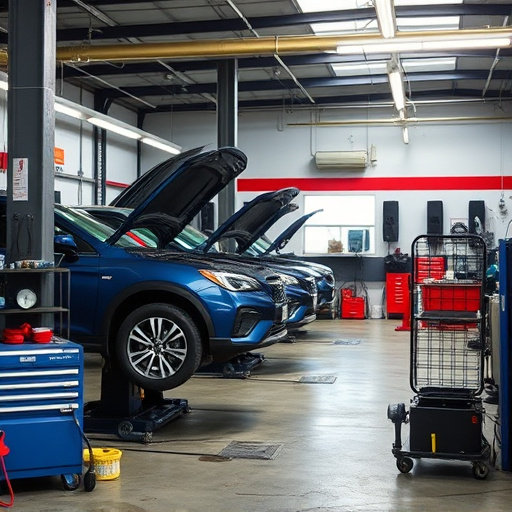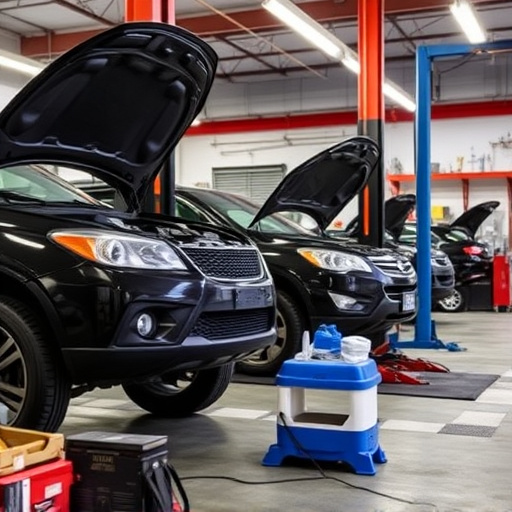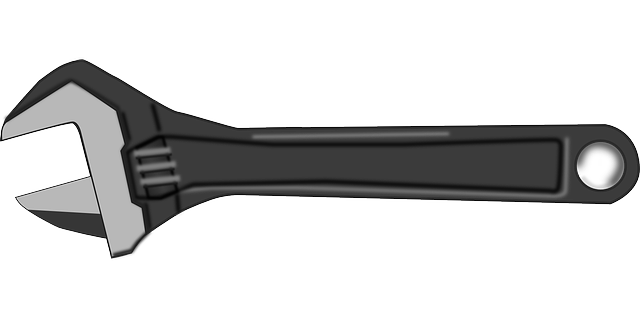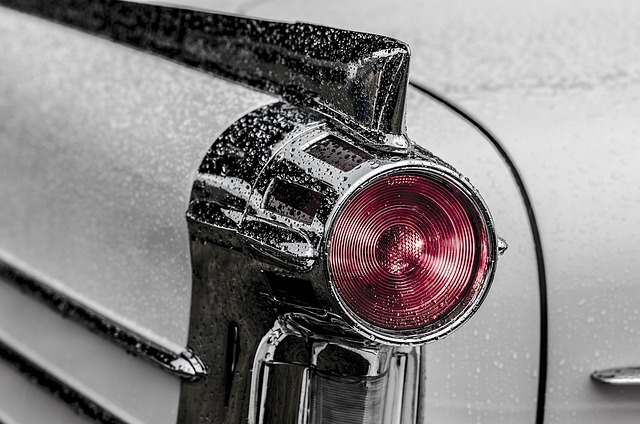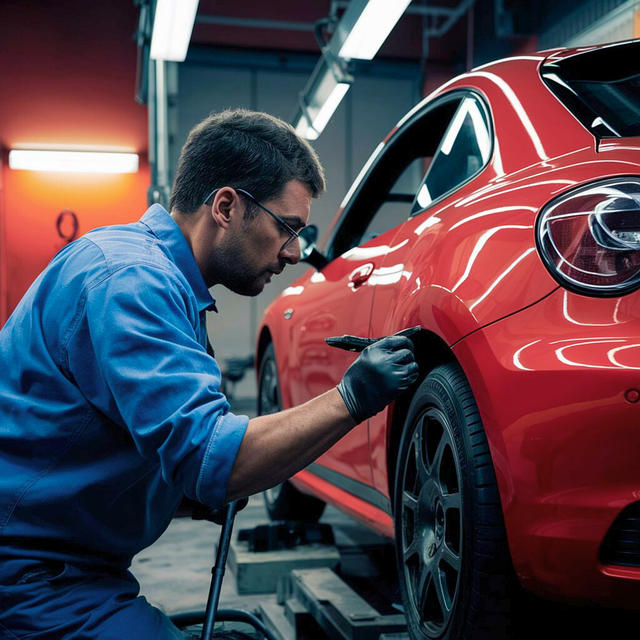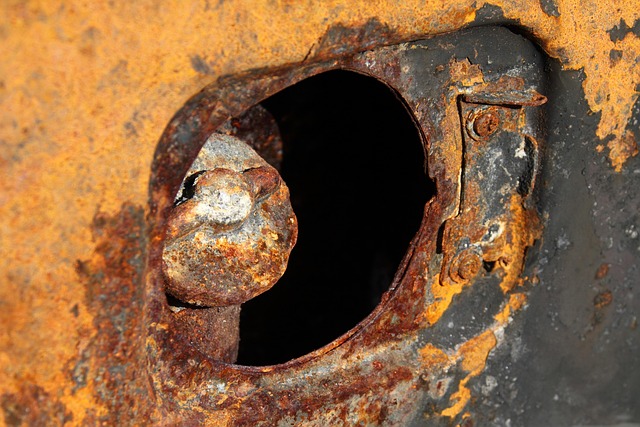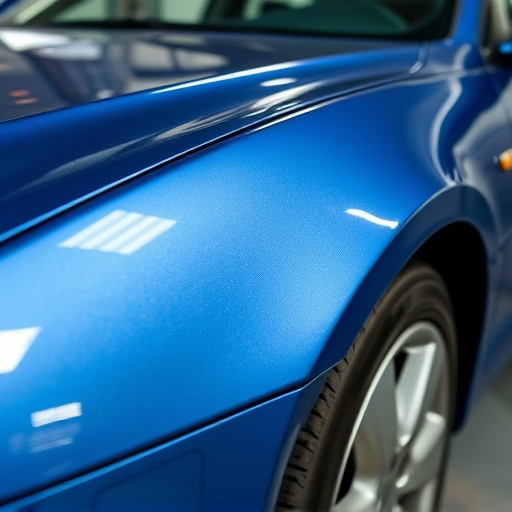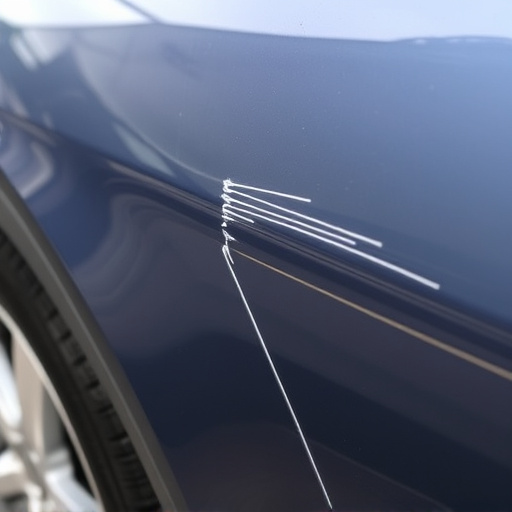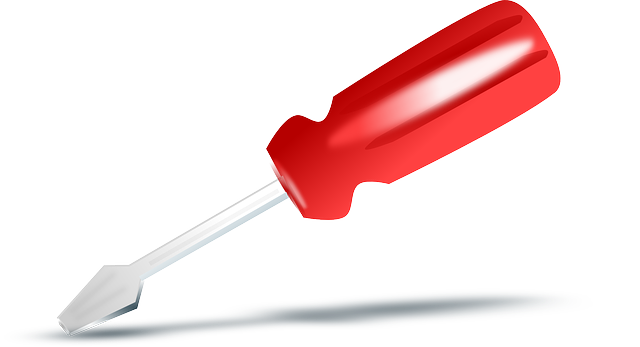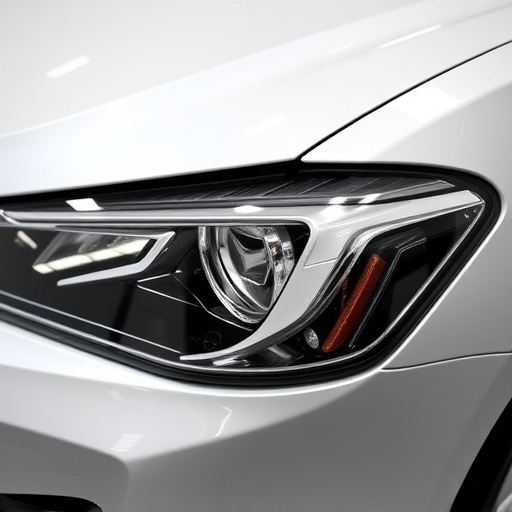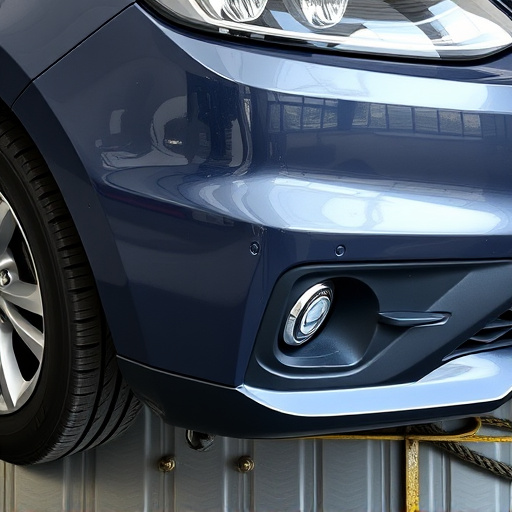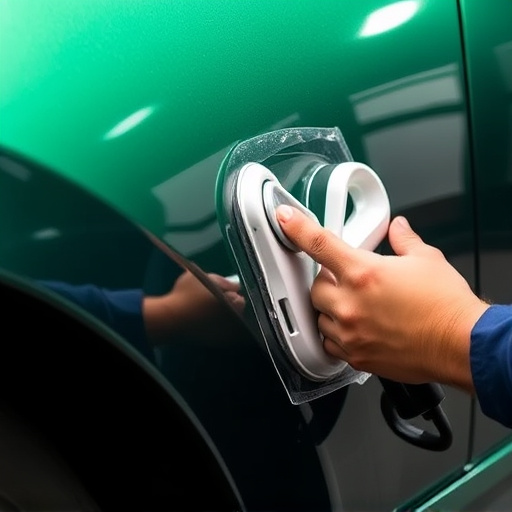When deciding between repairing or replacing an older vehicle, consider its age, condition, and history. Evaluate cost-effectiveness by comparing financial implications of repairs versus replacement. Choosing repair extends lifespan, ensures safety, reliability, and reduces environmental impact. A proactive repair vs replace decision saves costs, enhances performance, and boosts resale value.
Making the repair vs. replace decision for an older vehicle can be daunting. This article guides you through understanding your car’s age and condition, performing a cost analysis between repairs and replacements, and recognizing long-term benefits of informed decisions. Learn how to navigate this crucial choice effectively using practical insights and expert tips tailored to optimizing your automotive investments.
- Understanding the Age and Condition of Your Vehicle
- Cost Analysis: Repair vs Replace Options
- Long-Term Benefits of Making Informed Decisions
Understanding the Age and Condition of Your Vehicle
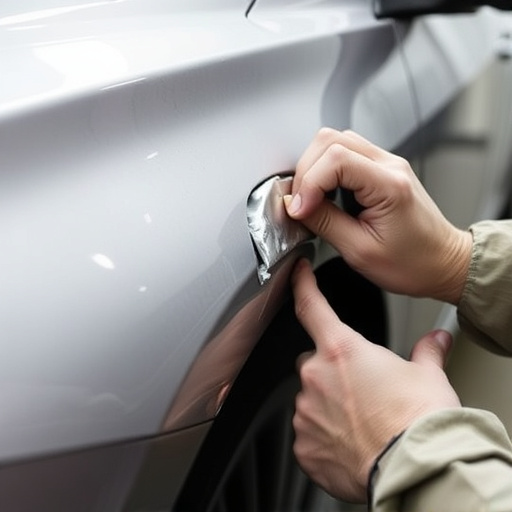
Before making a repair vs replace decision, understanding your vehicle’s age and condition is crucial. Factors like year, make, model, and overall wear-and-tear play a significant role in determining the best course of action. As vehicles age, they become more susceptible to mechanical failures and may require frequent repairs, which can be costly over time. A thorough inspection by an experienced mechanic or visiting a collision repair shop for an assessment can provide insights into these aspects.
This evaluation process helps in comparing the potential costs and benefits of both options. For instance, if your vehicle has undergone several minor repairs in recent years, it might be more economical to invest in auto body repair services rather than replacing it entirely. Conversely, a severe collision or significant structural damage could warrant considering a replacement, especially when parts are no longer readily available or the safety and performance of the vehicle are compromised.
Cost Analysis: Repair vs Replace Options
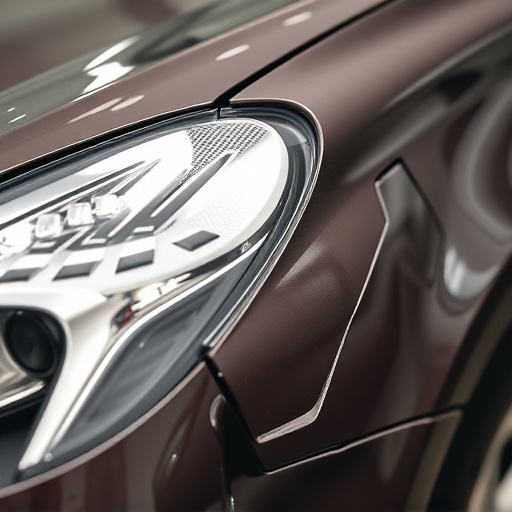
When contemplating a repair vs replace decision for an older vehicle, cost is a primary factor to consider. While it might be tempting to opt for replacement if your car has reached a certain age or shows signs of wear and tear, comparing the financial implications of both options is crucial. A simple fix like car dent removal could be more economical in the short term, especially for minor damages that don’t affect the vehicle’s structural integrity.
On the other hand, extensive repairs for complex issues might cost as much, if not more, than purchasing a new or slightly used vehicle. Car repair services can vary widely in price, and older cars often have higher maintenance costs due to their age and declining value. Therefore, evaluating both immediate and long-term expenses is essential when making a repair vs replace decision.
Long-Term Benefits of Making Informed Decisions
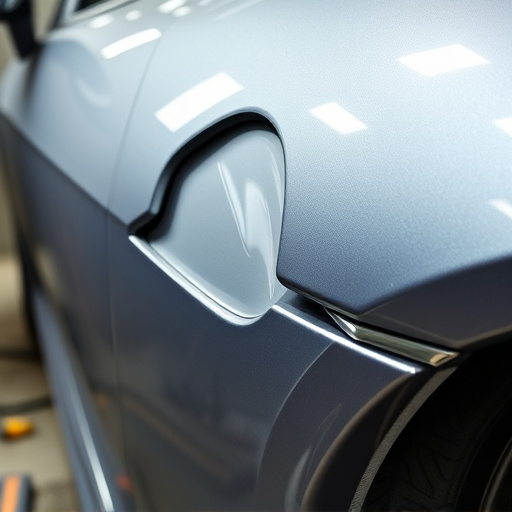
Making an informed repair vs replace decision isn’t just about saving money; it’s a strategic move that can offer long-term benefits for your vehicle and your wallet. When you opt to repair an older or damaged car, you’re investing in its longevity. Reputable auto body services can expertly restore your vehicle to its pre-incident condition, ensuring its safety and reliability for years to come. This decision can be particularly rewarding if your car has sentimental value or is a classic model hard to find in the used market.
Additionally, regular repairs as opposed to immediate replacements can delay the need for more significant overhauls or even a total vehicle replacement. By prioritizing auto maintenance, you’re keeping your car running efficiently, which translates into better fuel economy and reduced environmental impact. This proactive approach not only saves costs but also ensures that any replacement parts used are suitable for your specific make and model, enhancing the overall performance and resale value of your vehicle.
When deciding between repairing or replacing your vehicle, considering its age and condition is crucial. By thoroughly assessing your car’s state and comparing repair costs with replacement expenses, you can make an informed choice that aligns with your financial goals and long-term mobility needs. Emphasizing preventive maintenance and timely repairs can extend your vehicle’s lifespan, while understanding the point of diminishing returns ensures you’re not investing in a declining asset. Ultimately, a strategic repair vs replace decision is a key component of smart automotive stewardship.
